The BiorXiv of the futuuure
First it would have to be available as a cross platform app. Something like F1000 or Mendeley where I can star, share, sort out my papers. It would have to contain some social networking thing like twitter, ResearchGate and Google Scholar with Q&A, podcasts and job offers.

This app should also contain a very strong search and recommandation behavior. The app should be able to pull from both paper databases but also research blogs and youtube video. It should need to create a graph of topics and recommend explainers and videos for different papers.
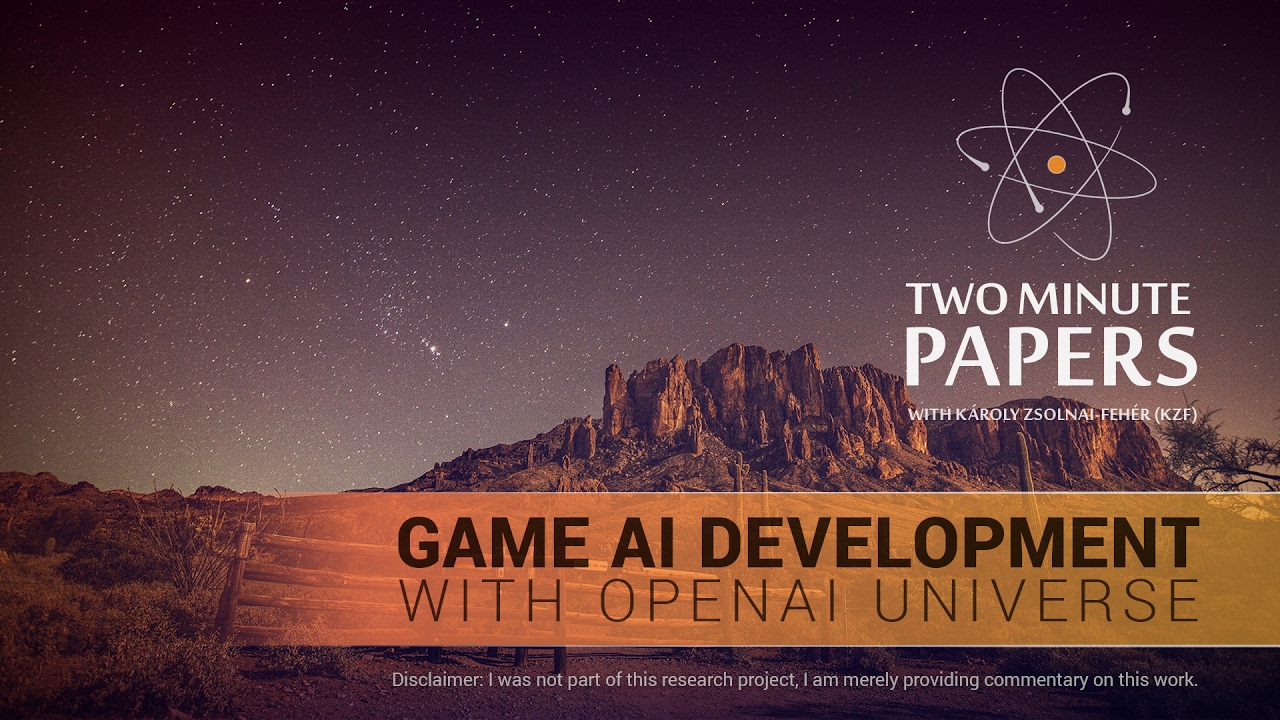
This graph should have nodes for different topics and hierarchies, maybe pulling from wikipedia to provide concise explanation for different topics.
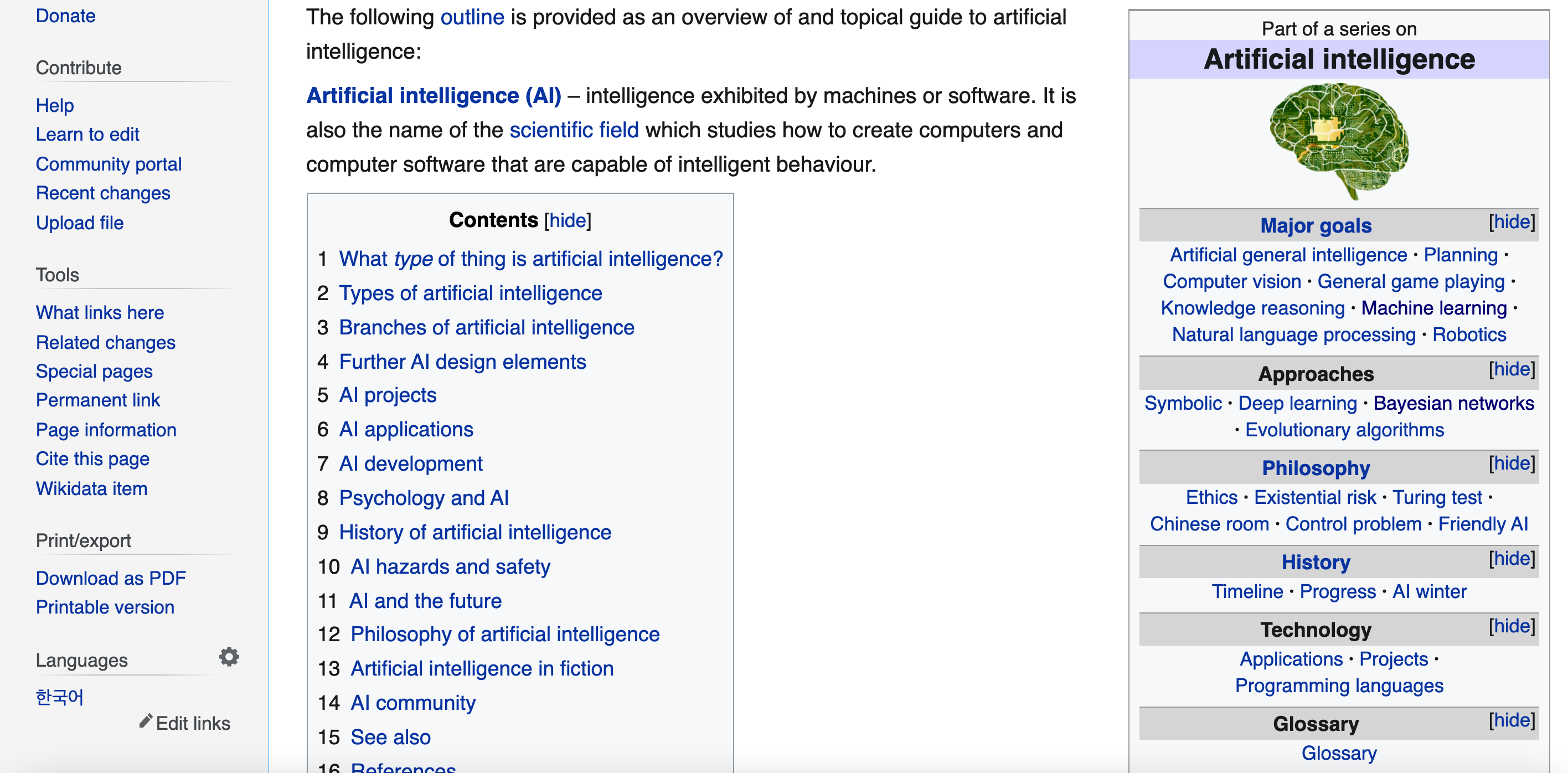
In addition, complex topics should be syntaxically mapped. recognizing papers talking about specific concepts, objects, human body parts, events, etc… Each of these could be searched and combined for more niche topics.

Such a deep and complex algorithm could pull its knowledge base and use NLP to find unexplored concepts, missing citations, wrong math, unexplained details and missing code and data.
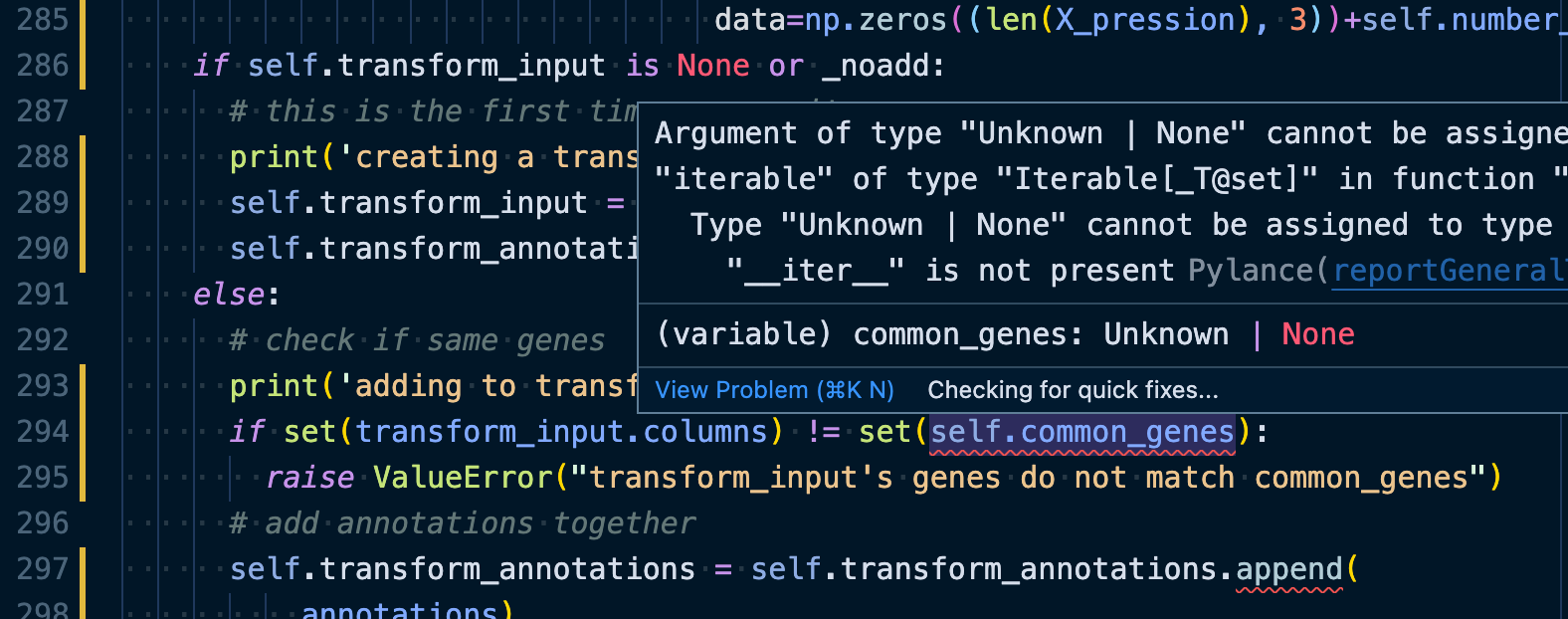
It should therefore be able to pull from code- and data- bases to provide quick access to hosted notebooks and pipelines, code as well as data link to each paper.
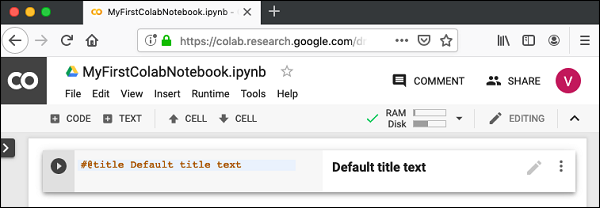
Having this ability would allow better scoring of paper features. and thus also provide more complex researcher scoring. Improving life of researchers that do not fit in with simple “citation counts”.
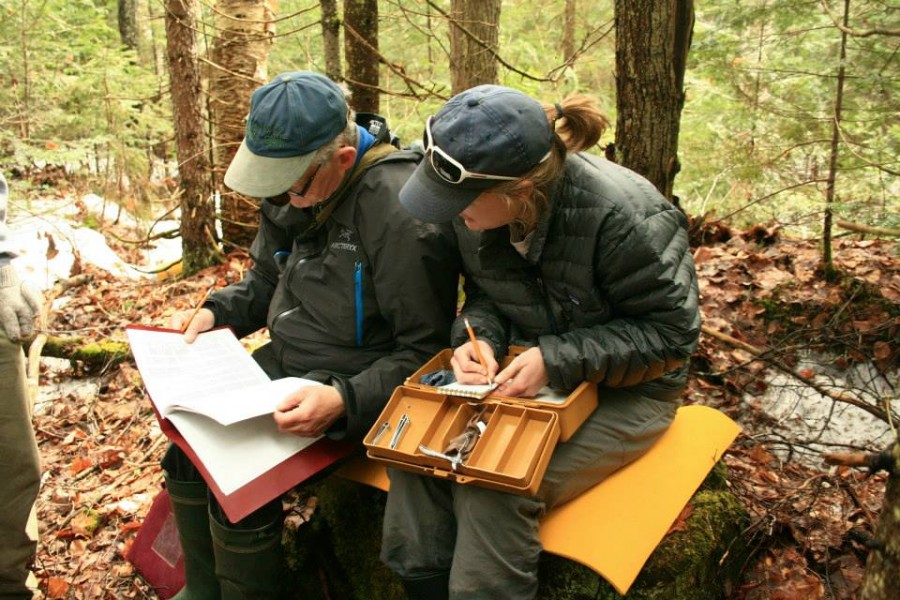
Factors such as readability, reproducibility. length. time to read. read count, likes.. would be taken into accounts.
For a specific user it would provide the best information-gathering experience. providing quick informations about complex topic. Ability to advise more and more in depth coverage of a subject.
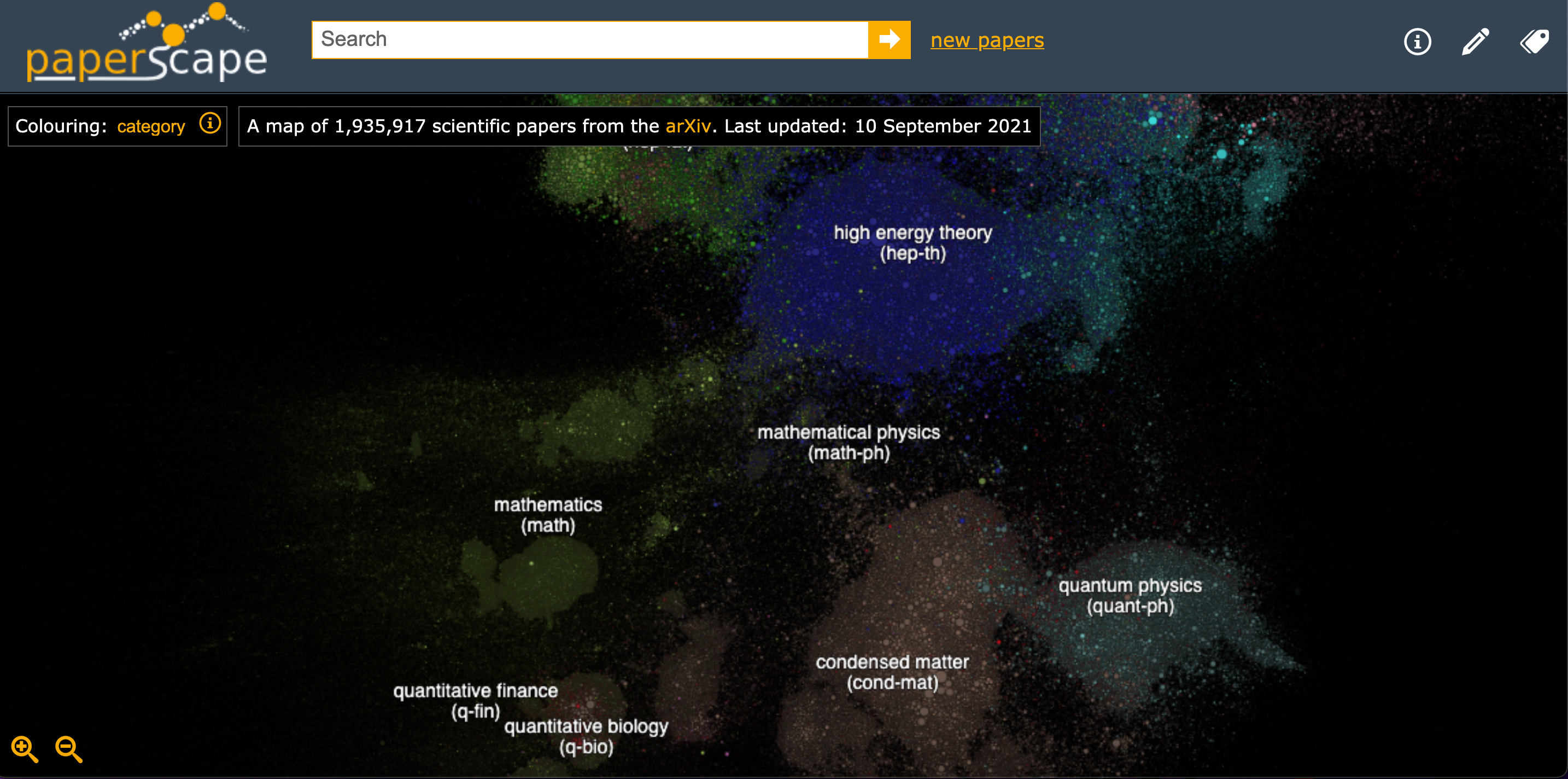
But the reading experience itself wouldn’t be lacking. Based on time and location you read, information about how much of the paper was read and where you left off is synchronized across your account. Other researcher’s notes and highlights are accessible like in medium articles.
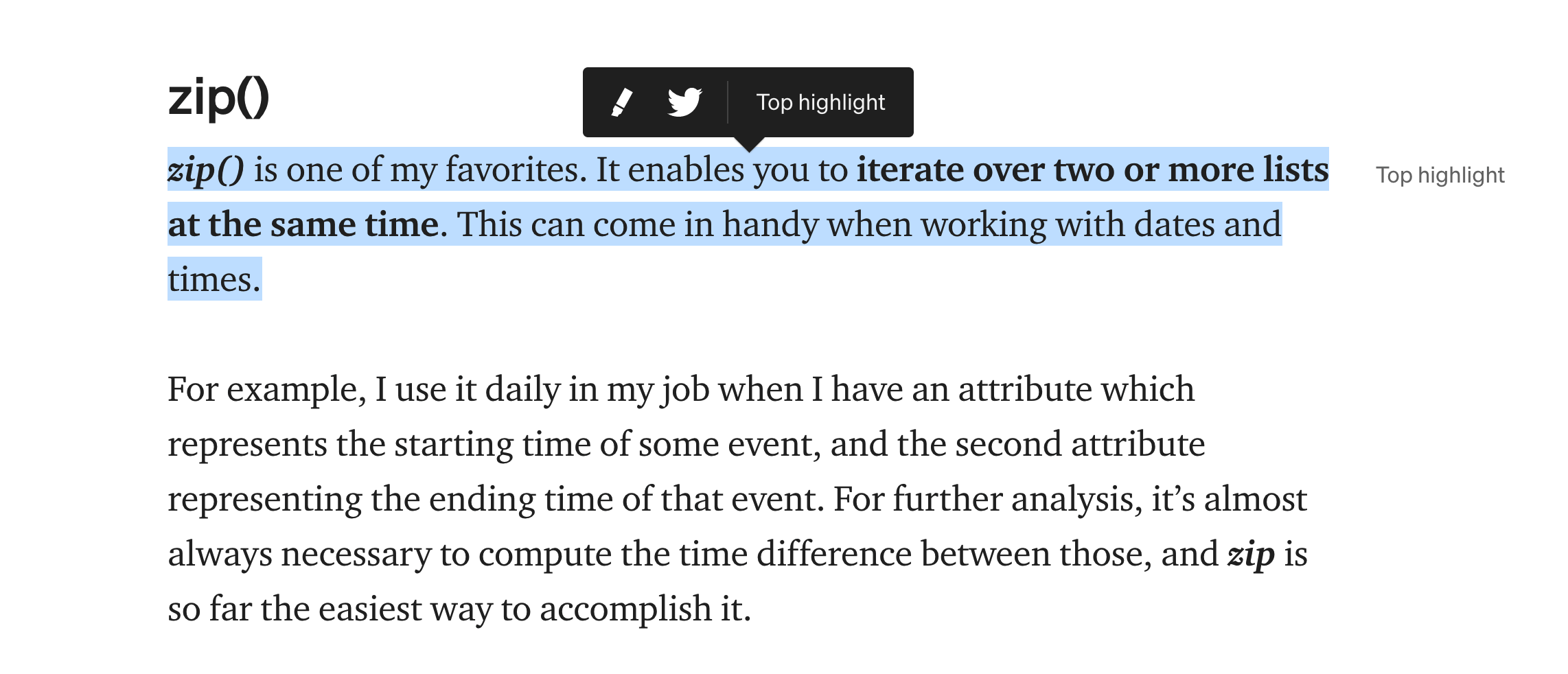
Finally Anonymous peer review should be integrated into the tool. And made public along with everything else. The paper is always published first. Peer review is a quality stamp that one can go through but no the only, neither final one as other researchers can comment and approve or disapprove of a paper.
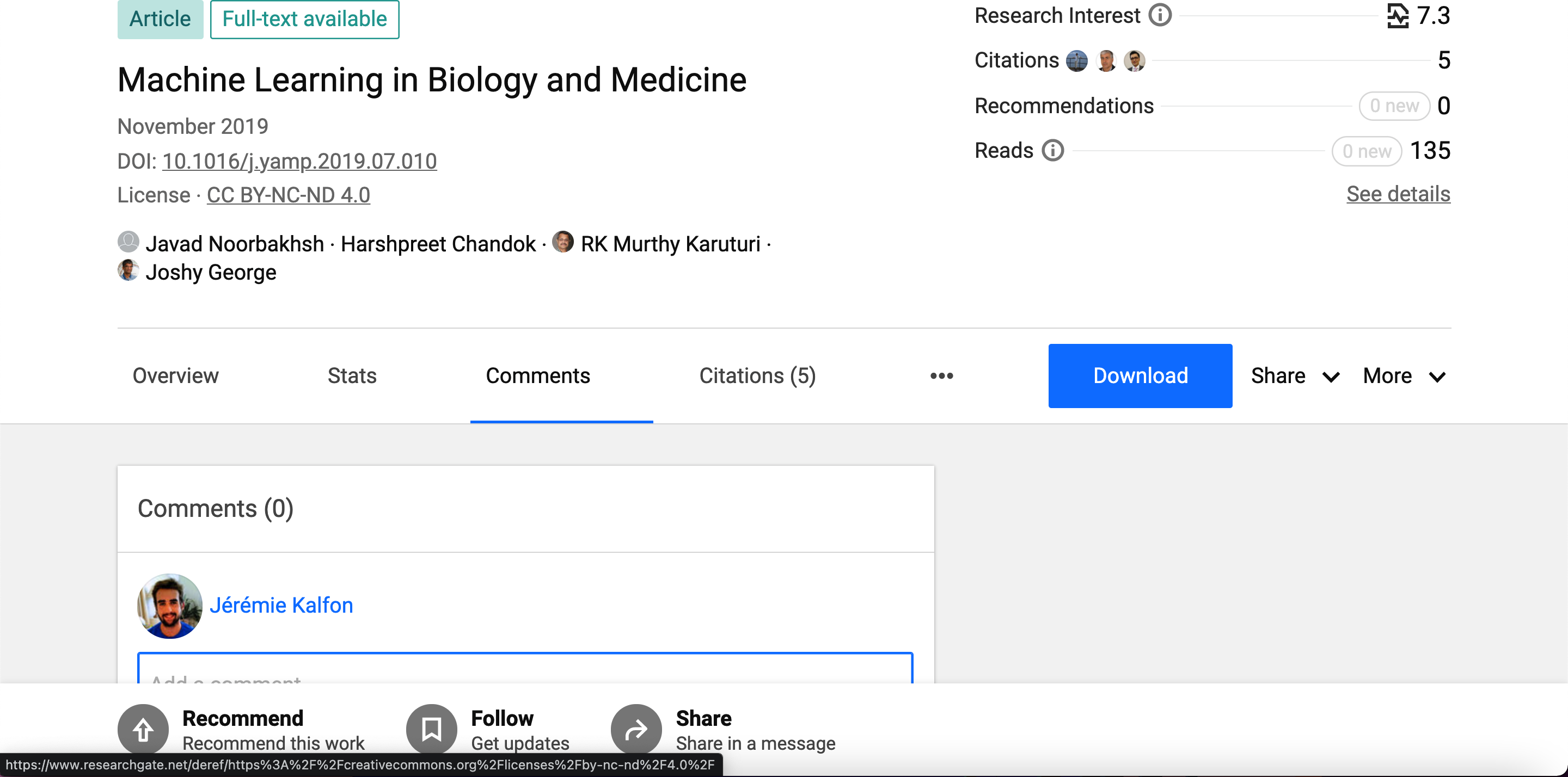
Being able to easily edit, hover to get information about a term, abreviation, note, citation (acting as hyperlinks). Getting plots and metadata linked and reachable on the side of where they are mentioned, together with a table of content.
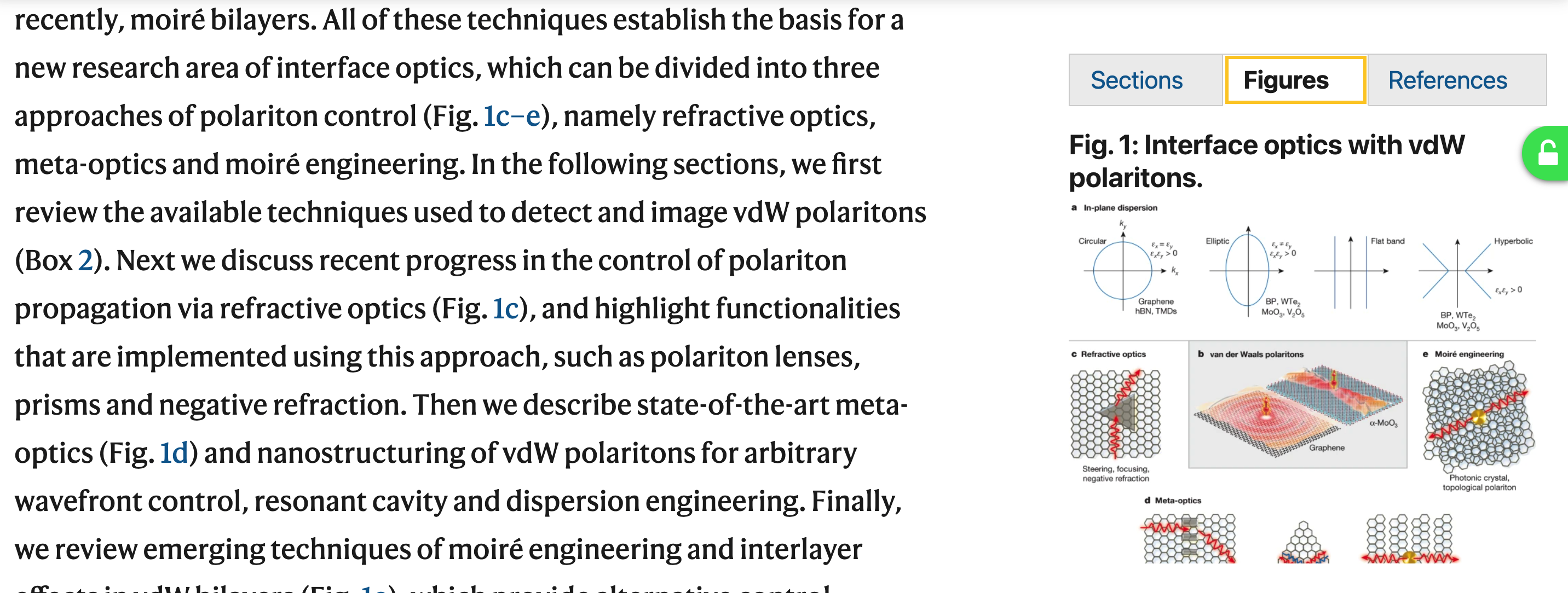
Finally eye tracking for documents reading would allow to know what you seem to read easily, to auto scroll and prevent the need for zooms. Text to speech tools could allow for listening to papers.

Such a multifaceted application might never exist but I hope to see a future where most papers and research can be found in such a way even if through multiple platforms. I think most papers will transform into an html - markdown like format with interactivity and hypertext. An HTML file can turn into a nice PDF, not the opposite. Finally I hope that it would allow for different metrics refocusing certain research area. Like getting more experiments in physics and more theory in biology. Also bringing more reproduction and confirmatory papers too.

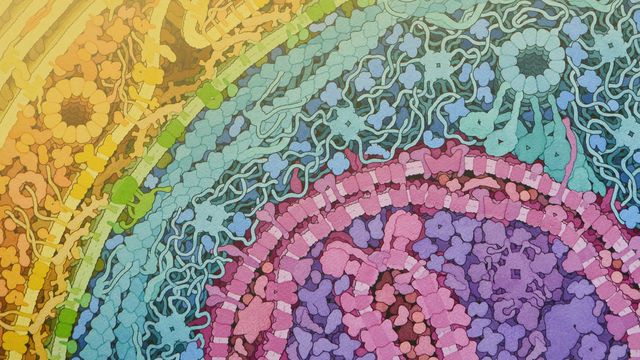
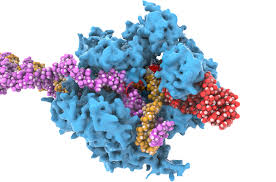
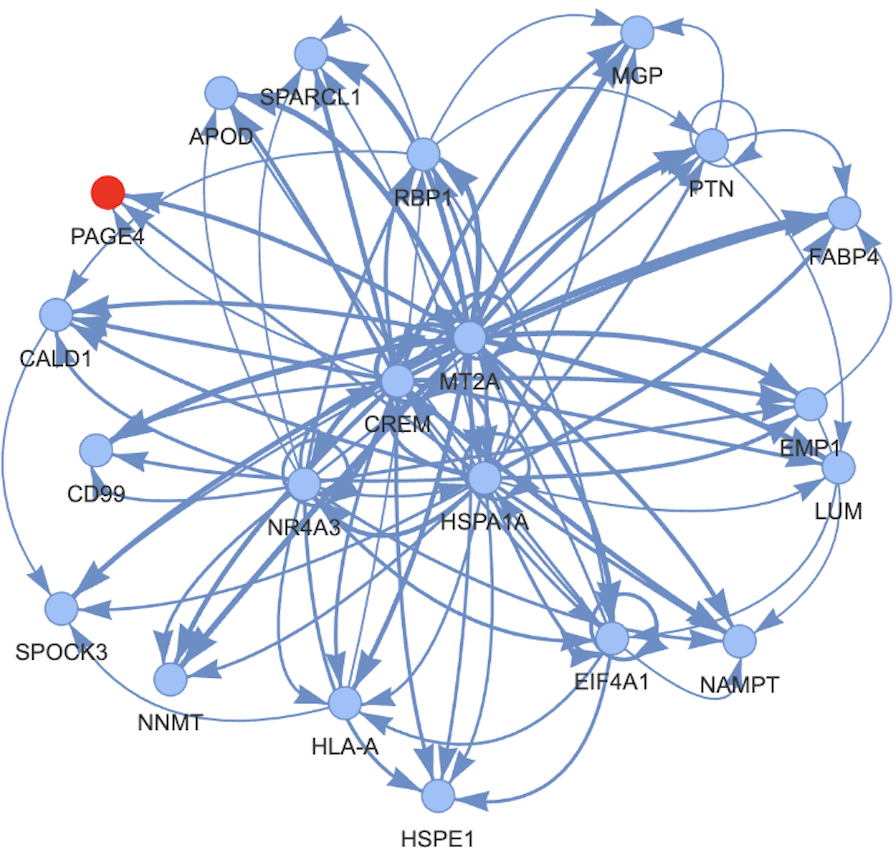
Leave a comment